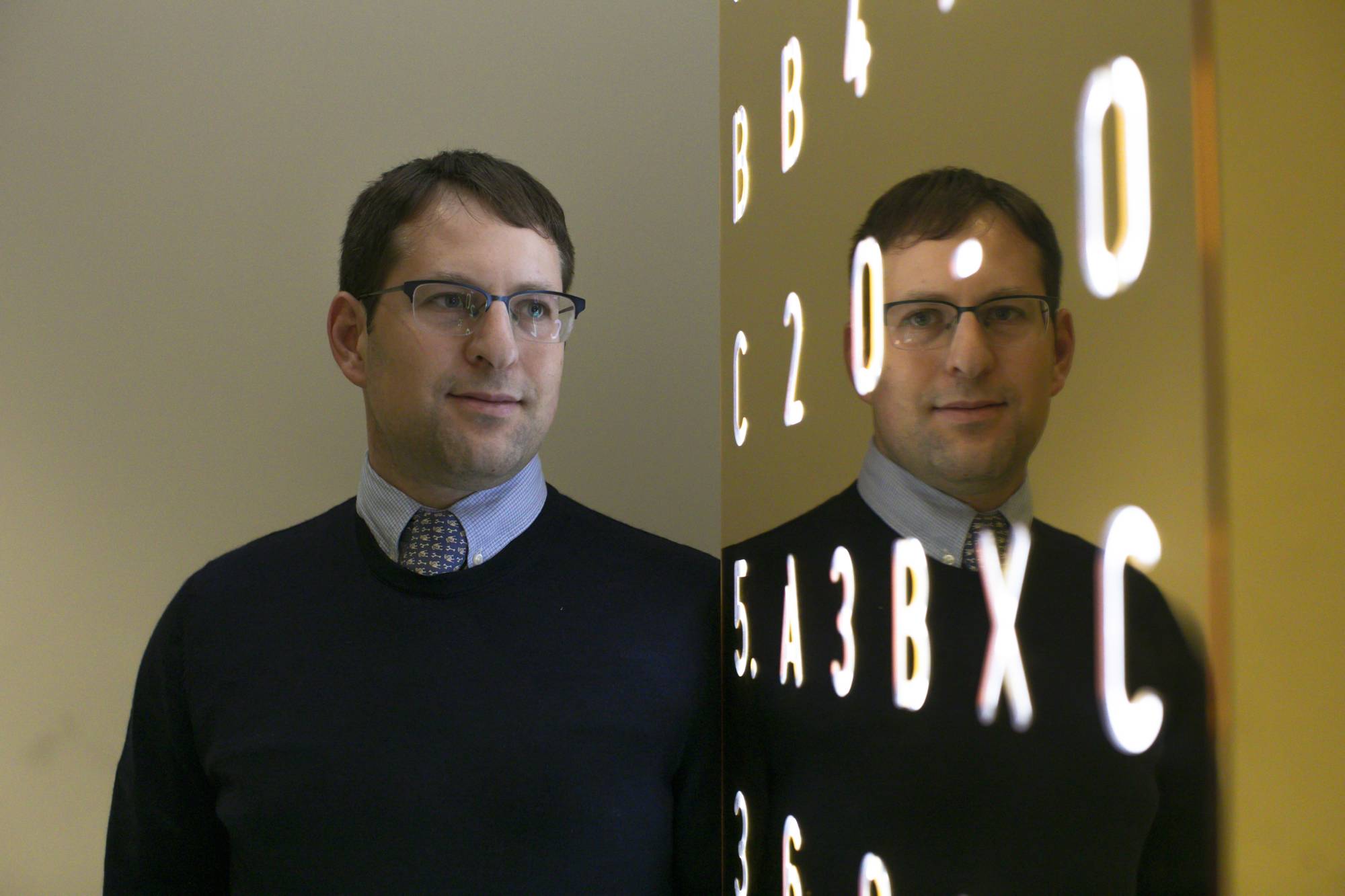This month, Jeremy Howard, an artificial intelligence researcher, introduced an online chatbot called ChatGPT to his 7-year-old daughter. It had been released a few days earlier by OpenAI, one of the world’s most ambitious AI labs.
He told her to ask the experimental chatbot whatever came to mind. She asked what trigonometry was good for, where black holes came from and why chickens incubated their eggs. Each time, it answered in clear, well-punctuated prose. When she asked for a computer program that could predict the path of a ball thrown through the air, it gave her that, too.
Over the next few days, Howard — a data scientist and professor whose work inspired the creation of ChatGPT and similar technologies — came to see the chatbot as a new kind of personal tutor. It could teach his daughter math, science and English, not to mention a few other important lessons. Chief among them: Do not believe everything you are told.


















With your current subscription plan you can comment on stories. However, before writing your first comment, please create a display name in the Profile section of your subscriber account page.